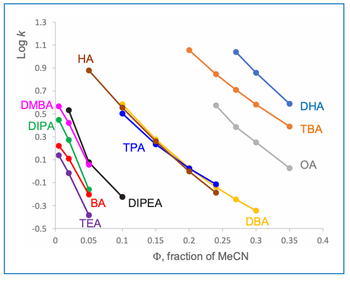
- The Column-10-07-2011
- Volume 7
- Issue 18
Accelerating Proteomic Biomarker Validation
The optimum in proteomics research today is in validating the performance of promising biomarkers across large biological sample sets. Many new strategies have been developed in recent years to improve and accelerate targeted MS verification assays.
The optimum in proteomics research today is in validating the performance of promising biomarkers across large biological sample sets. Many new strategies have been developed in recent years to improve and accelerate targeted MS verification assays. One of the more promising strategies involves combining column-switching techniques for multiplexed nano‑LC with MS instrumentation and software that performs time-scheduled multiple reaction monitoring (MRM). In this article we will demonstrate an effective workflow that incorporates advanced LC and MS techniques to significantly improve throughput and accelerate biomarker verification.
Articles in this issue
over 14 years ago
Healthy spaghettiover 14 years ago
Separations in the Food Industryover 14 years ago
Water contamination collaborationover 14 years ago
Tackling myeloma drug resistanceover 14 years ago
$1.2 million NASA grant for chromatographerNewsletter
Join the global community of analytical scientists who trust LCGC for insights on the latest techniques, trends, and expert solutions in chromatography.




